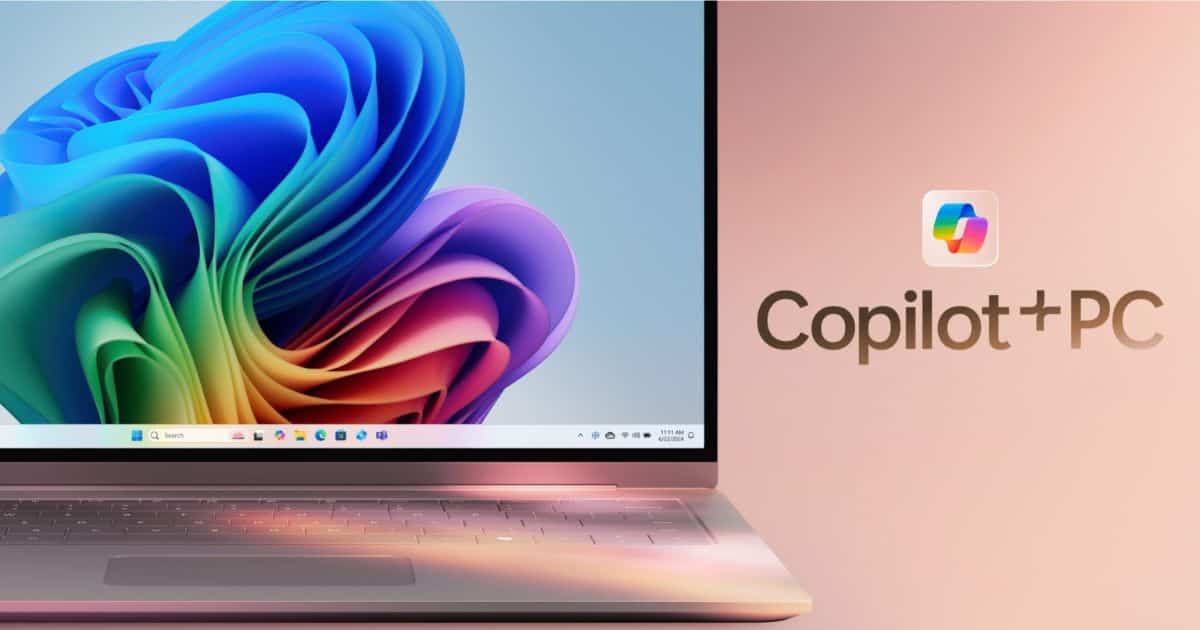Qualcomm took the wraps off its Snapdragon X Elite series of ARM processors during the Snapdragon Summit in 2023, and it has finally debuted these with the new Copilot+ PCs.
I’ve gone through numerous reviews from top critics claiming that Snapdragon X Elite-powered laptops are ready to take on the M3 MacBook Air. I second that, because, remember folks, competition benefits consumers, after all. Qualcomm’s new 12-core CPUs are showing better performance in tasks that use multiple cores compared to Apple’s MacBook Air, which uses an 8-core M3 chip.
Does that mean Snapdragon X Elite-powered laptops are worse than the M3 MacBook Air? No. Does that mean the M3 MacBook Air is not a worthy purchase anymore? Not at all. While the Snapdragon X Elite deserves all the praise for finally coming closer to Apple silicon chips, it’s noteworthy that the M3 MacBooks are still among the best in the market.
According to 9to5Mac, the M3 chip from Apple remains superior in single-core performance, making the MacBook Air faster for many everyday tasks. Additionally, the M3 chip is more energy-efficient than Qualcomm’s X Elite chip.
Microsoft and Qualcomm have highlighted comparisons with the MacBook Air in their marketing campaigns. Despite this, the Snapdragon X Elite shares more count and power efficiency similarities with Apple’s M3 Pro chip in the 14- and 16-inch MacBook Pro.
Per the report, the Snapdragon X Elite in the new Microsoft Surface Pro scores approximately 2,800 in single-core and 14,300 in multi-core on Geekbench. In contrast, the MacBook Air’s M3 exceeds 3,000 in single-core and averages around 12,000 in multi-core, proving more power-efficient in certain scenarios, with the M3 consuming 10 W compared to the X Elite’s 14 W during performance tests like Cinebench.
What’s important to note is Apple’s M3 generation is one generation behind. Although M4-powered MacBooks are yet to hit the shelves, Apple has already released the M4 chip. Maybe Apple wants the competition to keep going. Coming back, the M4 chip has already shown promising performance in the new iPad Pro, where it outperforms the Snapdragon X Elite across both single-core and multi-core benchmarks in a fan-less tablet form factor.
